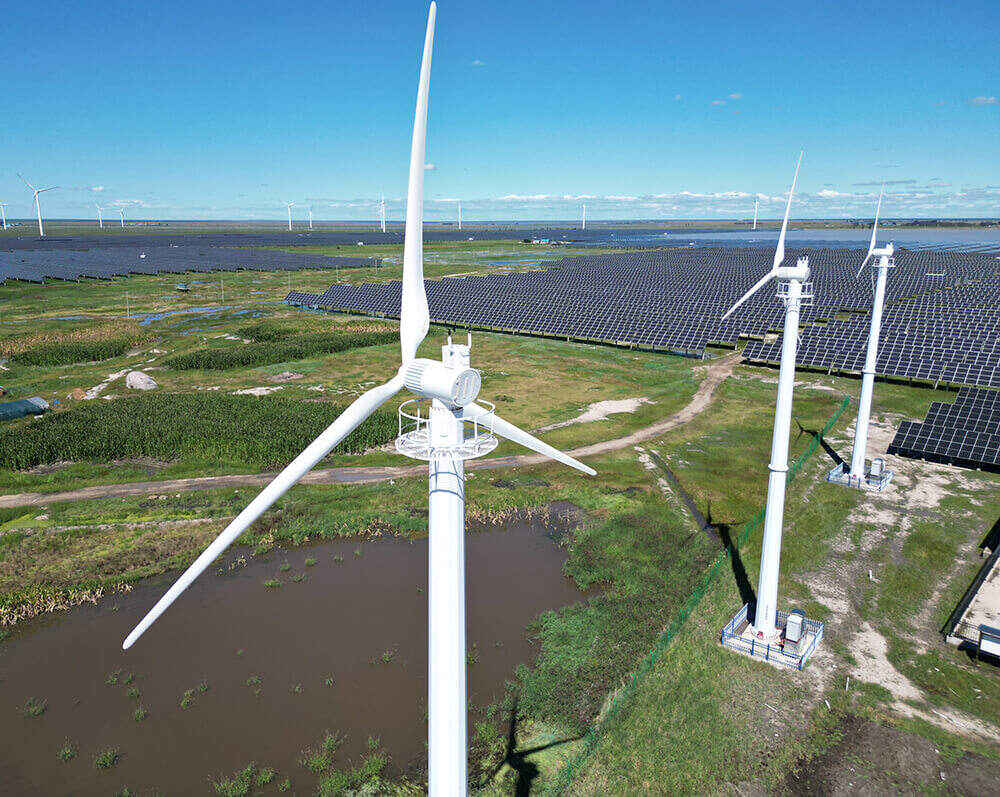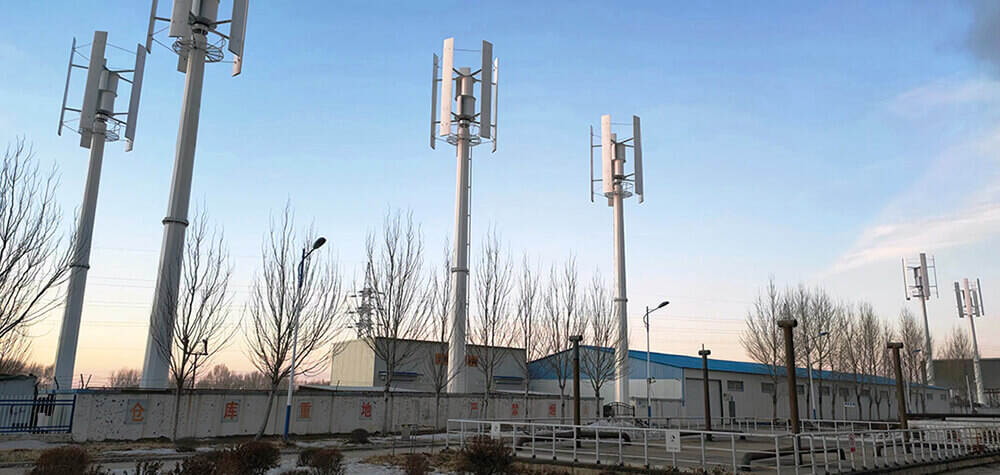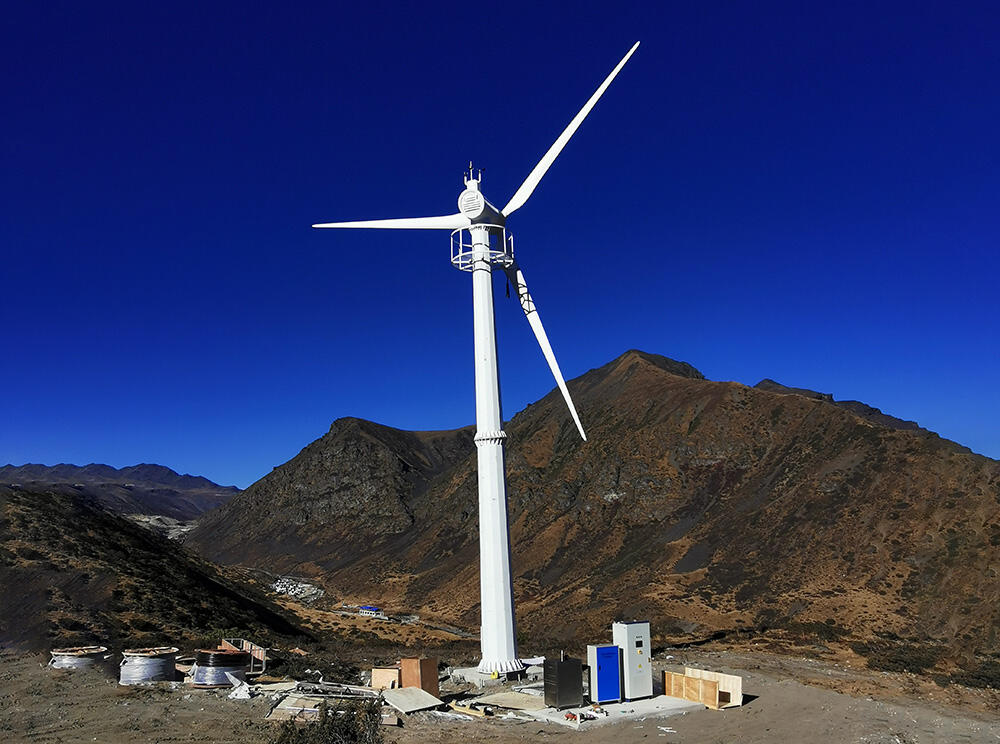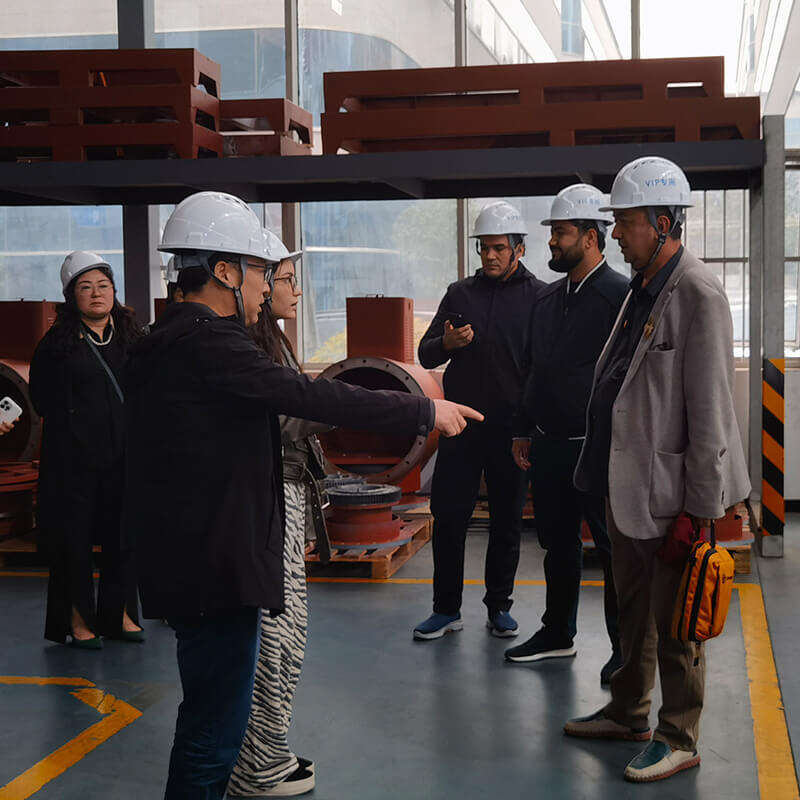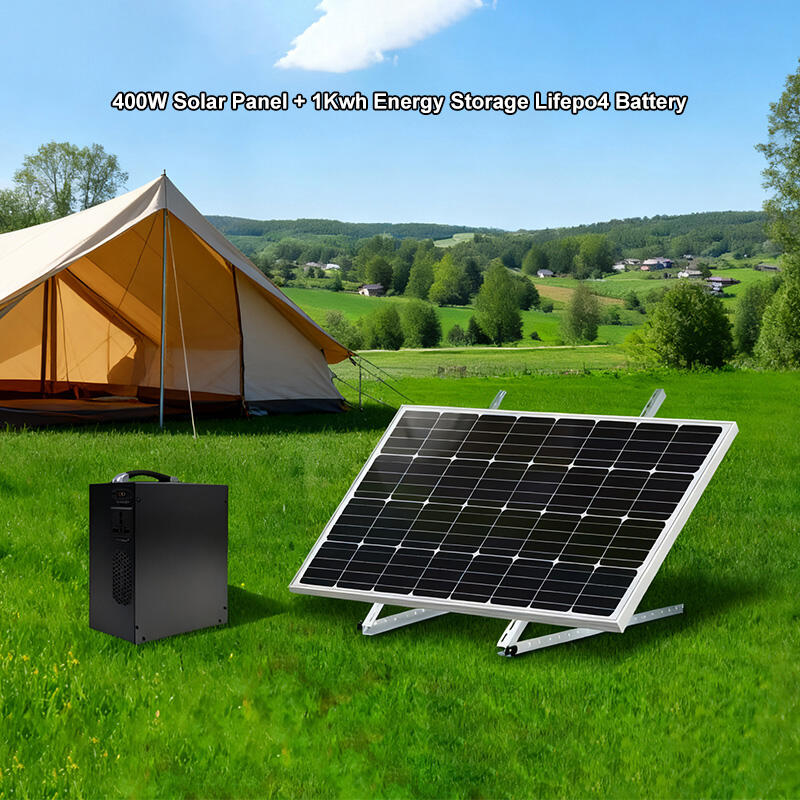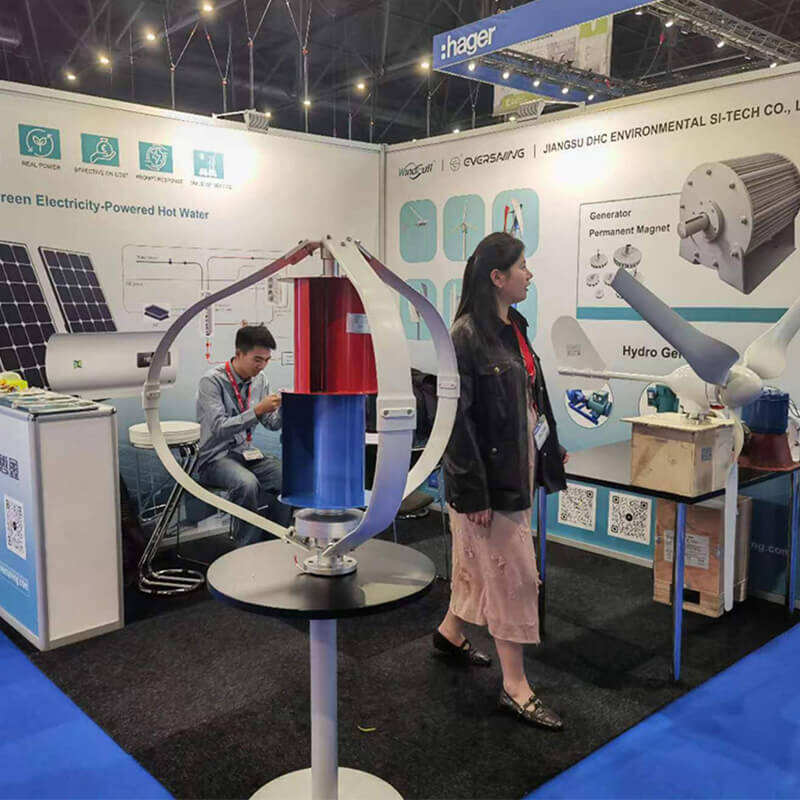How to Choose the Right Wind Turbine for Your Needs?
Currently, the most common wind turbines on the market are horizontal axis wind turbines and vertical axis wind turbines, each with its own advantages.
Should I Choose a Horizontal Axis or Vertical Axis Wind Turbine?
As a leading company in the new energy industry with over a decade of experience, we frequently receive inquiries from customers about choosing between horizontal axis and vertical axis wind turbines.
Vertical axis wind turbines are generally more popular due to their more aesthetically pleasing design. Some customers believe vertical axis wind turbines are better because of their cylindrical design, which they argue allows for better wind reception from all directions. However, the biggest advantage of vertical-axis wind turbines is their quietness. If your installation site is near residential areas, we recommend vertical-axis wind turbines; they are quieter, more aesthetically pleasing, and can even contribute to the urban landscape while generating electricity.
If customers require higher power output, we typically recommend horizontal axis wind turbines. They rely on a mast at the rear to automatically align with the wind, meaning they can better capture wind direction and generate electricity more efficiently from the wind. On the other hand, horizontal axis wind turbine technology is more mature, and for the same power output, it is lighter and more economical.
Why Are Vertical Axis Wind Turbines More Expensive Than Horizontal Type?
Every time we quote a price for a vertical axis wind turbine, the customer says it's expensive. As a company that never exaggerates generator power, our vertical axis wind turbines of the same power output are priced at 2 to 3 times that of horizontal axis wind turbines.
The most critical factor causing the price difference is the blades. Due to the difference in design, the rotation axis directions of the two wind turbines are completely different. The horizontal axis is parallel to the windward surface, while the vertical axis is perpendicular to the windward surface.
Vertical axis wind turbines require more kinetic energy to achieve the required power output. Therefore, vertical axis wind turbines need a certain blade length and weight to achieve the operating speed. Taking a 5-bladed vertical axis wind turbine as an example, under a specific wind direction, four blades help the wind turbine rotate, so the remaining blade creates resistance to the rotation.
Of course, some companies in the market now like to engage in price wars and sell wind turbines with false power ratings. For example, if you need a 5kW wind turbine, they might quote you a price for a 2kW or even less turbine, telling you it's 5kW. Customers are often attracted by their low price and end up buying a wind turbine labeled as 5kW but actually less than 2kW, far below their expected power output.
Our company insists on producing wind turbines with true power output. If you think our prices are too high, please compare our product parameters with those of other suppliers for the same power output, paying particular attention to blade length/diameter and weight, to avoid being misled.
Different situations require different wind turbines, depending on the customer's environment and needs. If you are interested in using clean energy sources such as wind, solar, or hydropower, please contact us.


